Israel keeps bombarding Gaza Strip, Lebanon Putting the war at risk of spreading to the entire Middle East
As many as 10,000 children and 7,000 women have become victims of Israeli aggression in the blockaded Gaza Strip since October 7.
The bodies of 22,722 dead have been delivered to hospitals in the exclave, while 58,166 people have been wounded, Anadolu reports, citing the press service of the Palestinian government in Gaza.
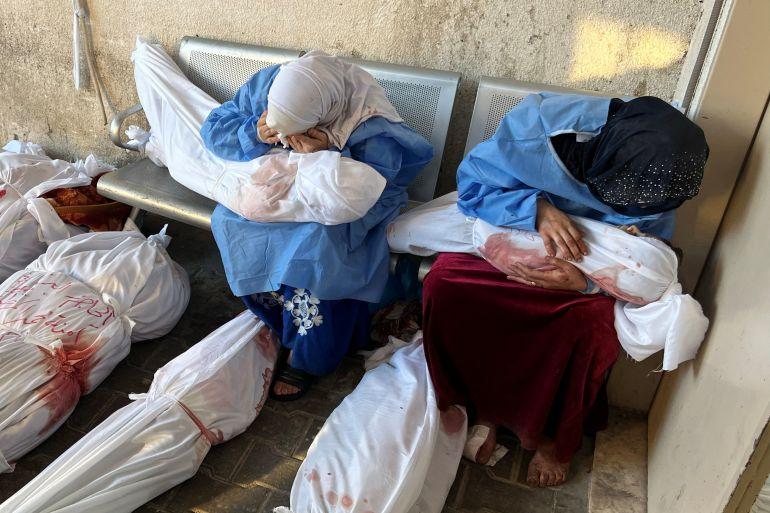
Some two million residents of Gaza, totalling 2.3 million people, have been displaced. In addition, 7,000 people, 70 per cent of whom are children and women, were reported missing, according to the news service.
Since October 7, 326 medical workers, 45 civil defence personnel and 107 media workers have been killed in Israeli attacks in Gaza. In addition, 99 medical workers and 10 journalists have been captured by Israeli forces.
As a result of Israeli shelling, 69,000 homes in the Gaza Strip were completely destroyed and a total of 290,000 buildings were damaged.
Israeli attacks also destroyed 134 government facilities, 130 mosques, 3 churches and 94 educational institutions, while 295 schools and 240 mosques were partially damaged.
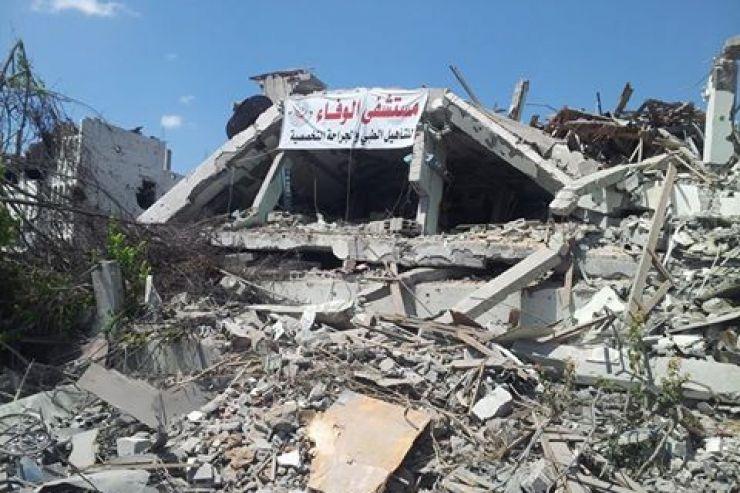
Moreover, for three months of military operations, the Israeli army has devastated 30 hospitals in the enclave.
As a result of the actions of the occupier [Israel], 30 hospitals were put out of operation in the Gaza Strip. The number of dead and missing is 29,722, including about 10,000 children and about 7,000 women.
In addition, the Israeli army completely destroyed 69,000 housing units in the Gaza Strip, another 290,000 housing units were partially destroyed. The Gaza authorities recorded 1,903 acts of massacres committed by Israel since the beginning of October.
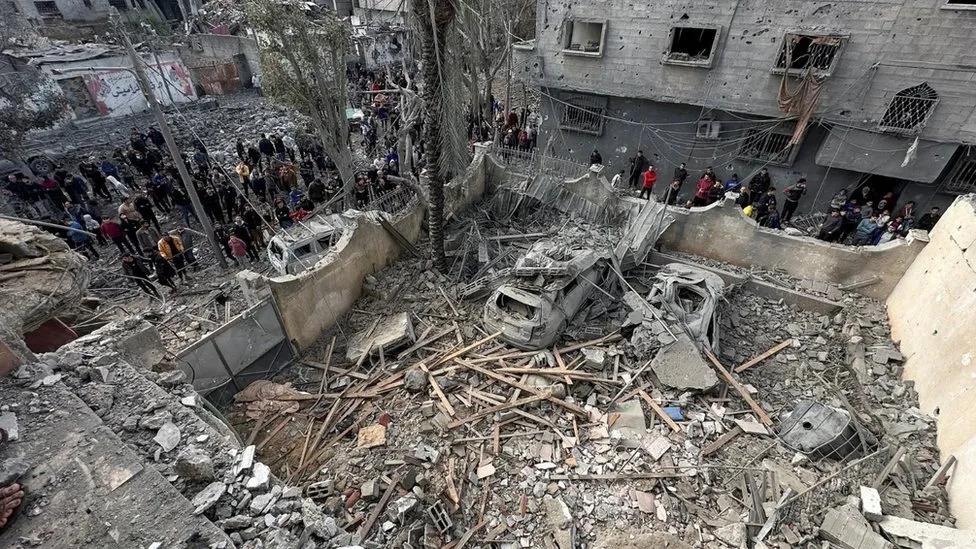
At a recent briefing in Tel Aviv, IDF spokesman Daniel Hagari announced that the military has completed the dismantling of the Palestinian Hamas group's military structures in the northern Gaza Strip.
"We have completed the dismantling of Hamas structures in the northern Gaza Strip and will continue to deepen this achievement and strengthen the fence and border defences," Hagari said, summing up the first three months of Israel's military operation against Hamas.
He noted that the timing of Israel's operation was affected by the difficult terrain, including the dense urban development in the northern part of the enclave.
He said the Israeli military is now focused on eliminating Hamas in the central and southern parts of the Gaza Strip.
The IDF spokesman stressed that the Israeli military would do so with "different methods" and based on the lessons it had learnt during the fighting.
On January 6, Israeli Prime Minister Benjamin Netanyahu said that the war in the Gaza Strip cannot be stopped until Hamas is destroyed.
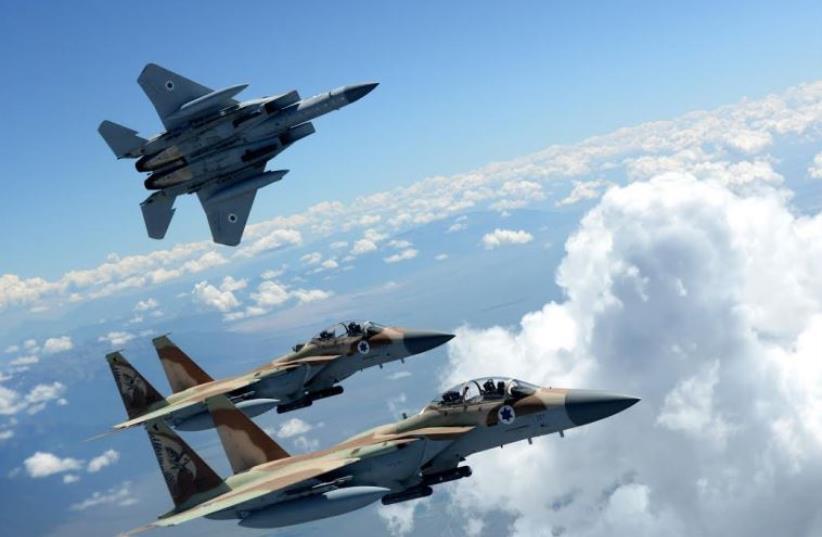
Meanwhile, Israeli fighter jets struck areas near the Lebanese cities of Tyre and Saida.
"Israeli airstrikes were carried out on al-Kalila, south of the Lebanese city of Tyre .... Israeli airstrikes (were carried out) in the area between the two towns of Kawsariya al-Siyad and al-Sharqiya in the southern district of Saida," the report said.
Lebanon demands that the Israeli authorities refuse to violate the sovereignty of the republic and withdraw troops from the southern parts of the country, as further aggravation of the situation on the border could provoke the beginning of a regional war.
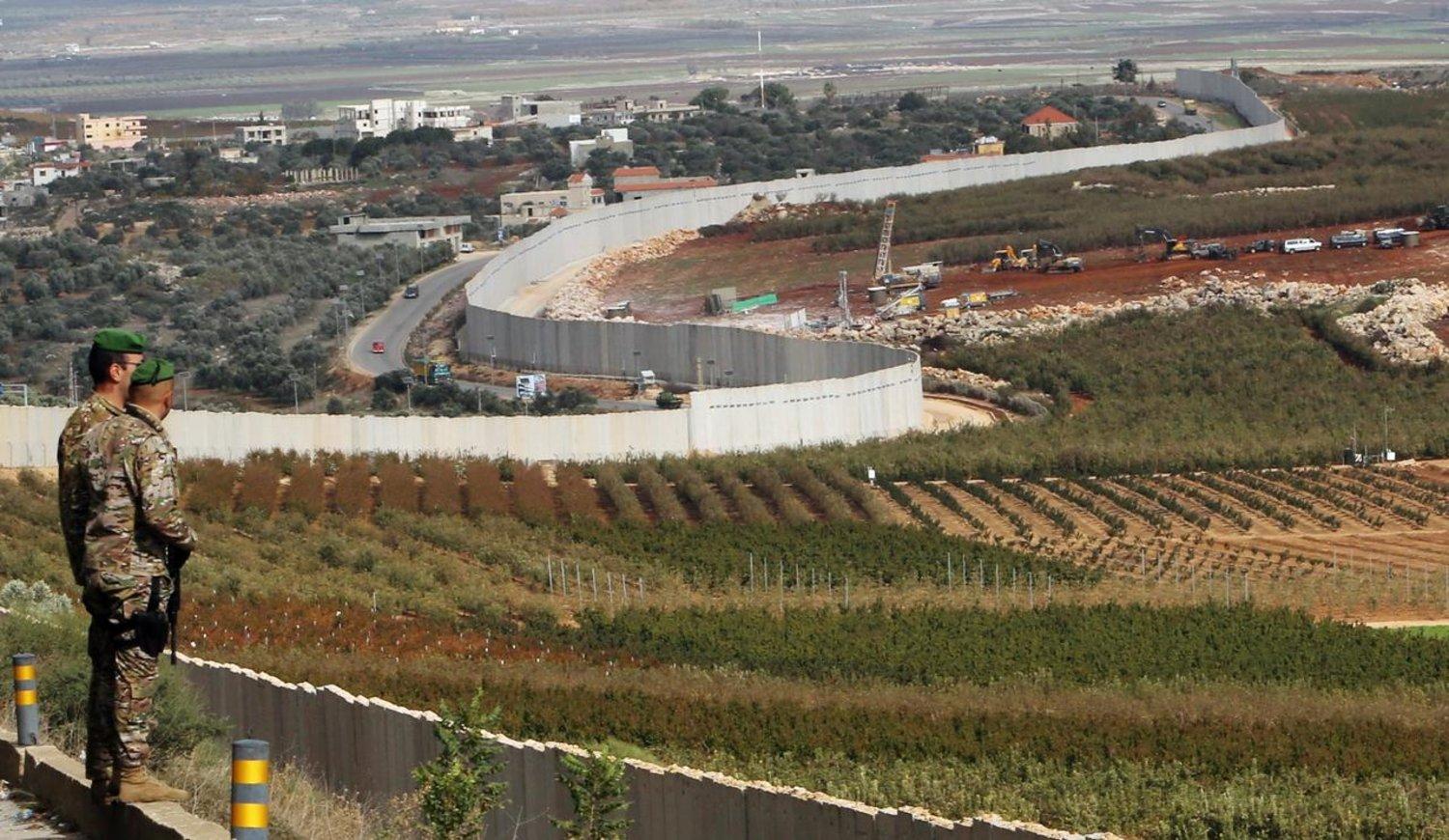
On January 6, the head of government held talks with European Union (EU) High Representative for Foreign Affairs and Security Policy Josep Borrell in Beirut. During the meeting, Mikati emphasised that his country's citizens are against armed confrontation with anyone and are committed to peaceful coexistence.
"We seek to stabilise the situation, as we understand that further aggravation of the border conflict in southern Lebanon will lead to a regional war," the prime minister said.
For his part, Borrel supported the head of the Lebanese government and pointed to the inadmissibility of dragging the republic into the Palestinian-Israeli conflict. He added that the international community is obliged to prevent the escalation of the crisis in the Middle East.
"I am sending this signal, including to Israel," the diplomat added.
He also announced plans to travel to Saudi Arabia shortly. The representative of the regional commonwealth is expected to arrive in the kingdom as early as 7 January.








